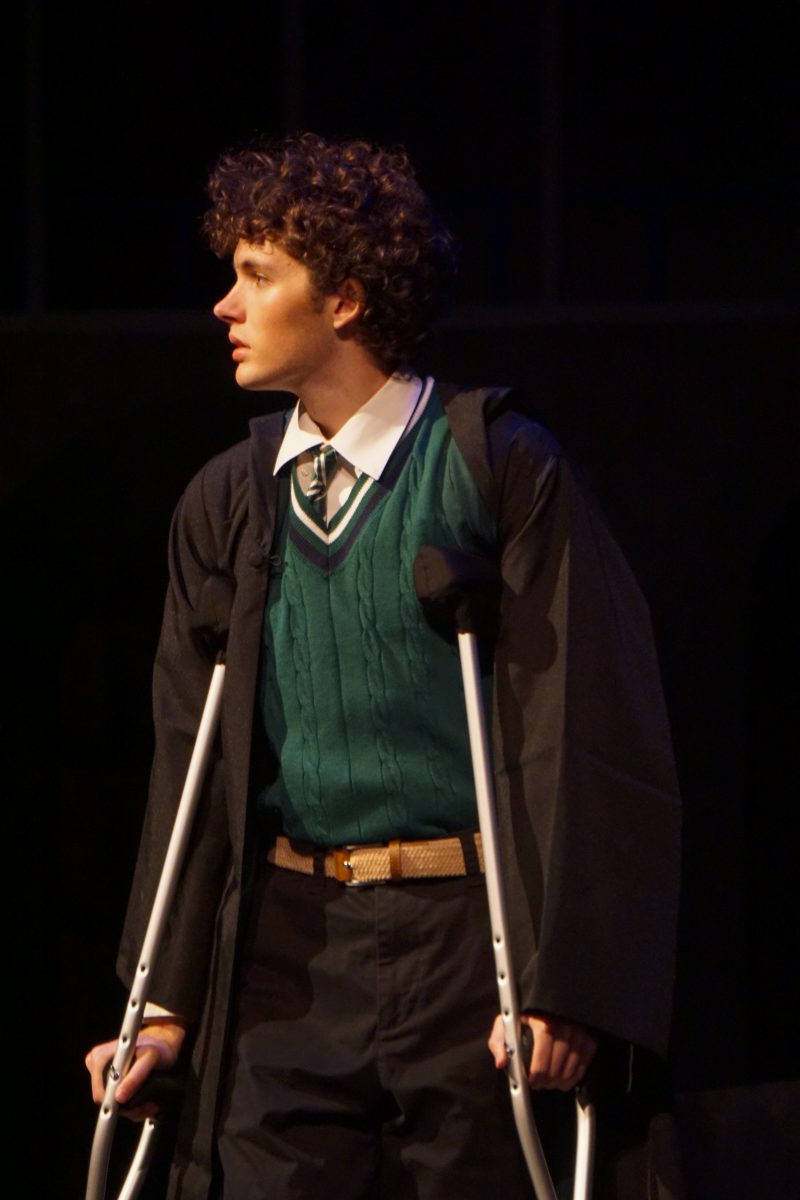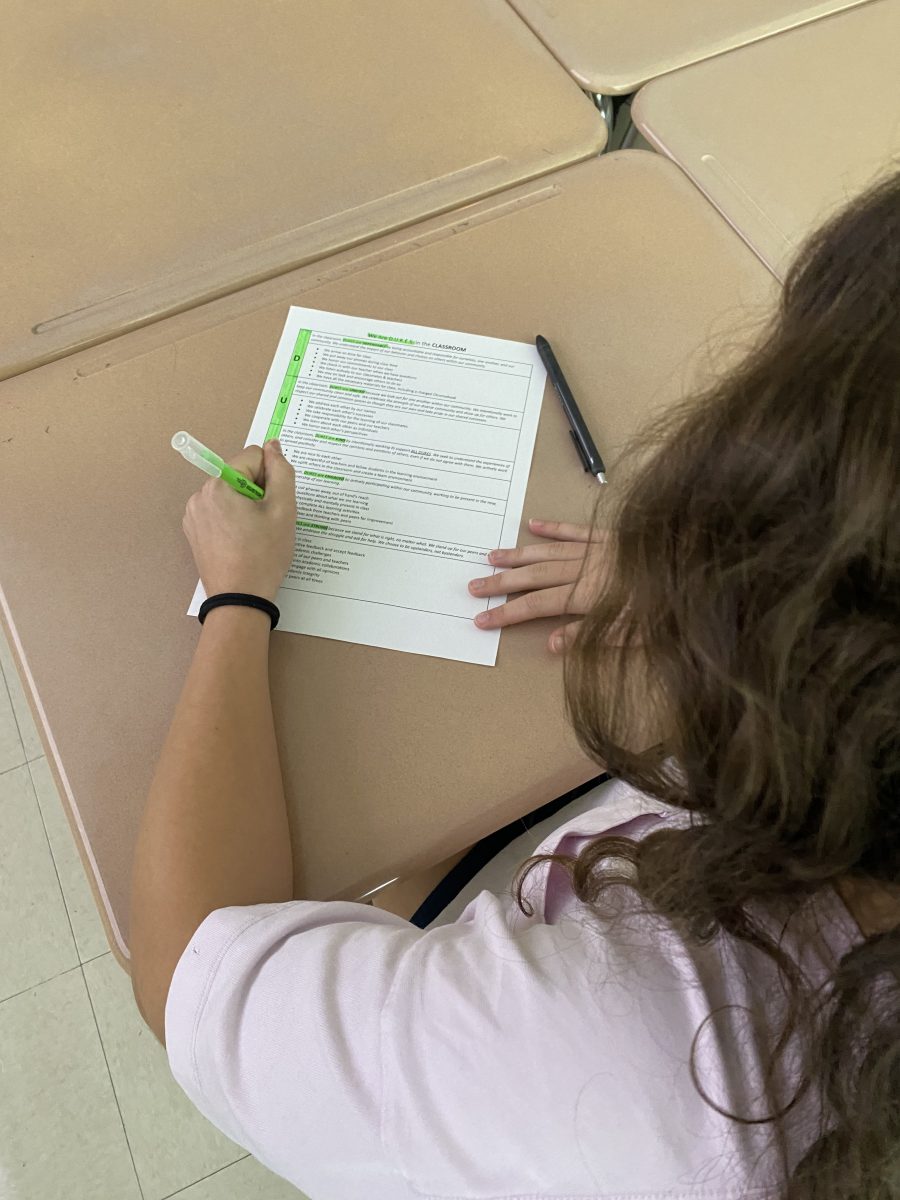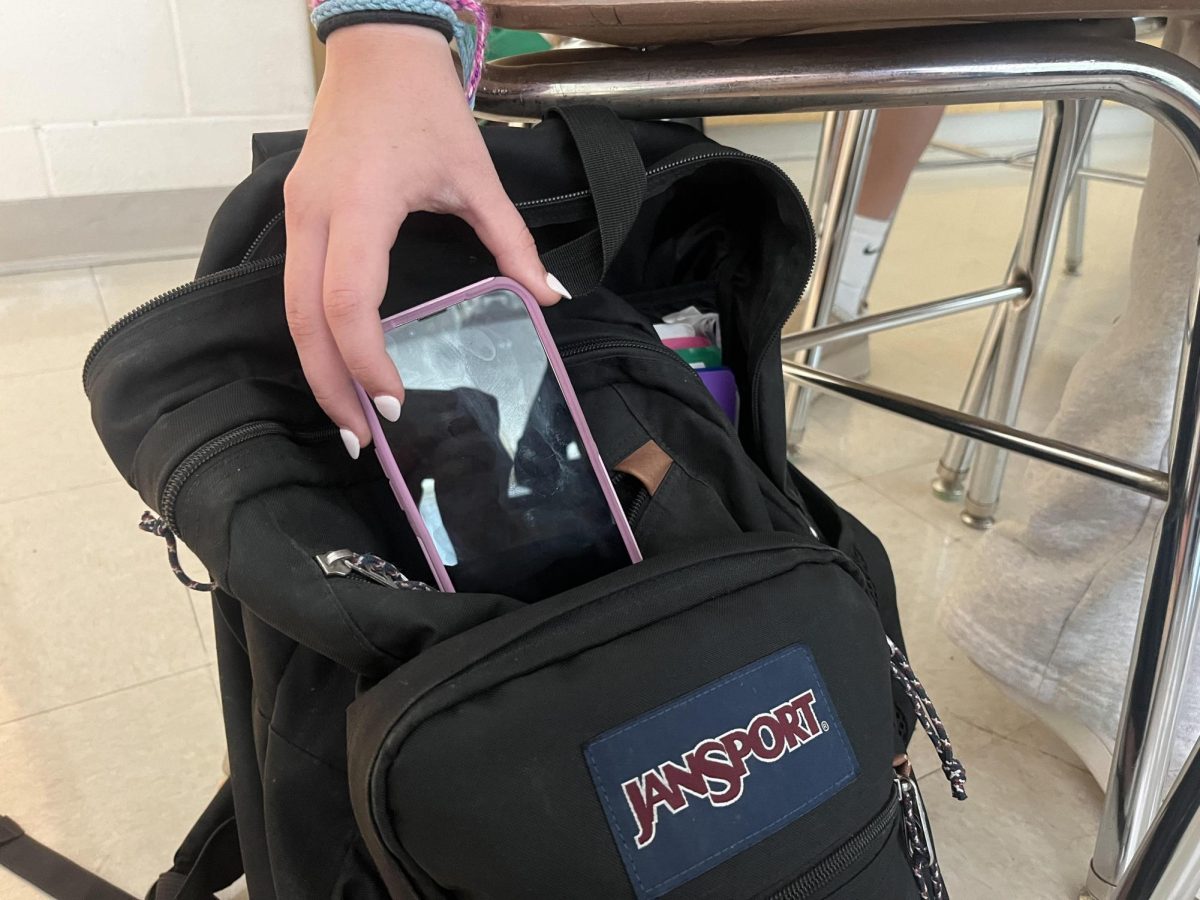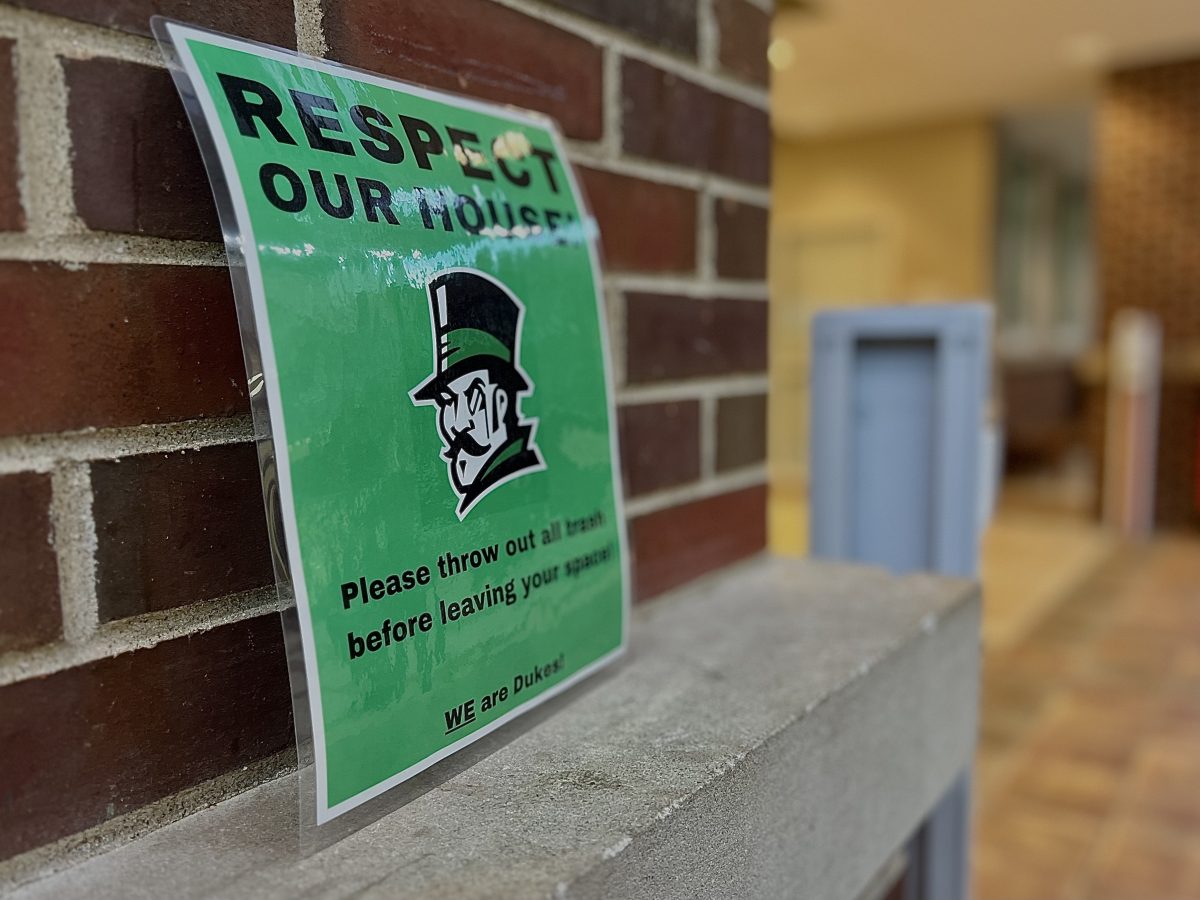The news that end of the semester exams were coming back in the 2023-2024 school year was met with apprehension from students and teachers alike. With all of the misinformation regarding these exams, many students have felt personally targeted by the return of the dreaded exams. The cumulative summative assessment (CSA) is an exam that students will take in all core subjects, and will evaluate the skills that students have been practicing all semester. While the test is not weighted in the way a traditional final exam is, students are struggling to study for such an aggregated test.
School administration had made the decision during the second semester of the 2019-2020 school year to not include a final exam in the curriculum. Once COVID restrictions were lifted, finals did not make an immediate return. Now, curriculum planners hope that bringing back a structured cumulative exam will give students the opportunity to showcase all they have learned throughout the semester.
“There has always been that implicit expectation that you were having cumulative experiences throughout the year,” Adam Roubitchek, assistant principal for instruction, said. “With CSAs, we have formalized that. It’s a test that happens in class, worth the same amount of points as any other test, making sure that we are measuring things along the way.”
While AP and duel credit courses have always had some form of a cumulative exam, not all students take these classes, nor do all students plan on going through with post secondary education. Administrators hope that bringing these exams back will set students up for long term success. However, the scoring for this assessment is seemingly atypical for a traditional final exam. The decision to bring back cumulative exams, but with a new coat of paint, was a meticulous one.
“We have spent a lot of time looking over our grading processes over the years,” Roubitchek said, “If a student has demonstrated learning at some point in the semester that means a lot. If four months later, [they’re] struggling to do that, it shouldn’t be detrimental to [their] grade. We want to make sure that all learning is looked at as a whole. Information isn’t more important at the end of the year than it was at the beginning of the year.”
Administrators are refraining from putting too much weight on this exam in order to alleviate stress and take a more holistic approach to the exams, and teachers are quick to point out that the exams are not designed to ‘stump’ students.
“In all of my math classes, and I think this is true in all classes, we are picking out the most important things,” Rebecca Keller, math teacher, said. “It’s the things that we have been doing over and over again and that are really important for the course”
While the effect the test will have on a student’s final grade isn’t relatively momentous, and teachers are confident in their students abilities to apply their knowledge, students are still feeling overwhelmed and out of their comfort zone.
“It prevents you guys from just relying on cramming,” Amy Thompson, college and career resource counselor, said. “It’s really easy to just cram for smaller unit tests, but for a more comprehensive assessment it’s a little harder.”
According to the 2021 Illinois Report Card data for York, 85% of graduates are enrolled in college within 12 months of graduation. With the majority of students planning to continue their academic journey post-high school, administrators note the college readiness aspect of finals and enforcing better study habits.
“These kinds of assessments can be really insightful for students,” Thompson said. “If they find that they can perform well on [the assessments], that should instill some confidence to perform well and be successful in those really large classes where grades are based on big stakes tests.”
While students who are planning to continue with formal education post high school find value in these learning experiences despite the stress, not all students will be implementing these academic skills and study habits post high school.
“Obviously not everybody’s going to college, and some colleges tend to rely more heavily on [finals] than others,” Thompson said. “I don’t think I can make a super blanket statement that this is going to be great preparation for every kid and for every college.”
While there is academic merit to the final exam process, the summative assessment benefits students in ways beyond the academic setting. Recognizing the way that knowledge builds upon itself in all aspects of life is the long view goal behind the assessments.
“It’s the idea that we are accountable for the things that we have learned,” Keller said. “Rather they are real life things or academic things, we learn things and we need to keep drawing on those experiences.”
Retaining knowledge over time is a necessary component of career, social and life long success. However, the fast pace nature of learning that students have grown accustomed to has led us to neglect the goals of life-long learning.
“A summative assessment that takes the long view, will hopefully teach [students] the long view of why learning something now is important over time,” Thompson said. “It’s not always the fact that you remember, but the ways you remember the facts.”
The deeper meaning behind these exams is something that many teachers are aware of, students are wary of the implications these exams will have in the direct future.The academic and life long benefits of these exams does not negate students apprehension.
“I feel like CSAs crate a lot of stress, especially introducing them my junior year,” Ella Liutikas, junior, said “I get that they are useful to prepare us for finals in college, but nevertheless, it’s stressful”
While students appreciate the aforementioned grading scale that provokes less stress, the amount of content expected to be on the exams can still be overwhelming. Many teachers and administrators are responding to these stressors by offering extra support.
“A little bit of stress is a good thing, a lot of stress is a bad thing,” Roubetchek said. “At the end of the semester, everything is happening at the same time.There is going to be some stress when it comes to demonstrating [ones] learning, but we want to make sure that we are supporting as students.”
This support is being offered on both small and large levels. Many teachers are offering extra review sessions, study packets, review guides, and practice tests. While each department differs in the type of resources they have to offer, faculty wants students to know that there is no shortage of review opportunities.
“For most students, they know the topics, they just need to revisit them,” Keller said. “Taking time on their own, going to the Math Lab, visiting the learning commons and going through the packet is the biggest thing. For students who find that there are topics that they don’t know, reaching out for resources and checking in with a teacher are really good ways to get over that hump of misunderstanding”
Teachers encourage their students to meet with them to make study plans. While the school has a plethora of facilities and online resources, many students also rely on outside databases and study tricks that help them review their skills.
“I use this website called notion and it really helps me,” Liutikas said. “You can write everything in lists and check it off. It’s how I organize everything and make sure I get everything done.”
Online tools are great for both studying and scheduling. For students like Liutikas who find scheduling to be a large part of their academic success, having a planner and making to-do lists is a great way to organize their tasks. Other students are more focussed on their study environment.
“Do your homework without music,” Declan Fahey, senior, said. “It might sound weird, but you’re not going to have that background noise in an actual test setting. Turn the music off for 20 minutes and do a homework assignment as if it was a test and see how you do.”
By taking advantage of the resources in the building, creating a study plan and reaching out to teachers, all students can be equipped with the proper tools to succeed. Despite these stressful times, students are encouraged to keep things in perspective.
“Have an honest reflection of what you know and what you can do,” Roubitchek said. “Ask for help, not only are our teachers great at being available to students, we have homework club, saturday academy, and pier tutors. Iff students are honest about how much work they have to put in, that’s when they are going to be the most successful”








